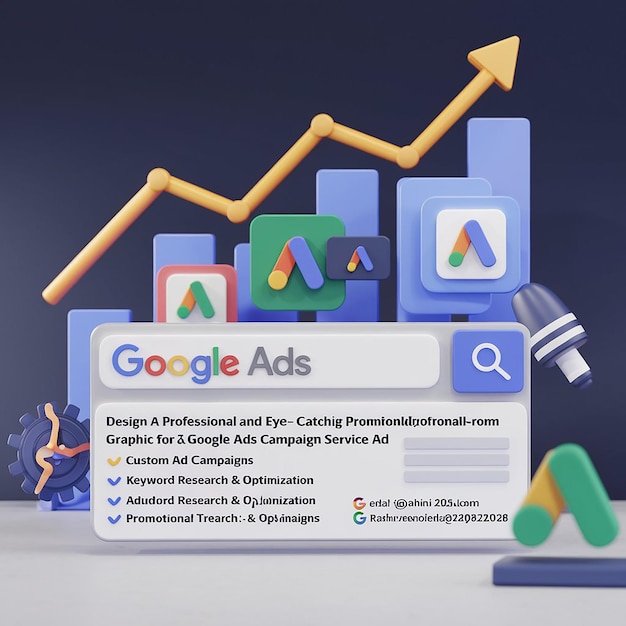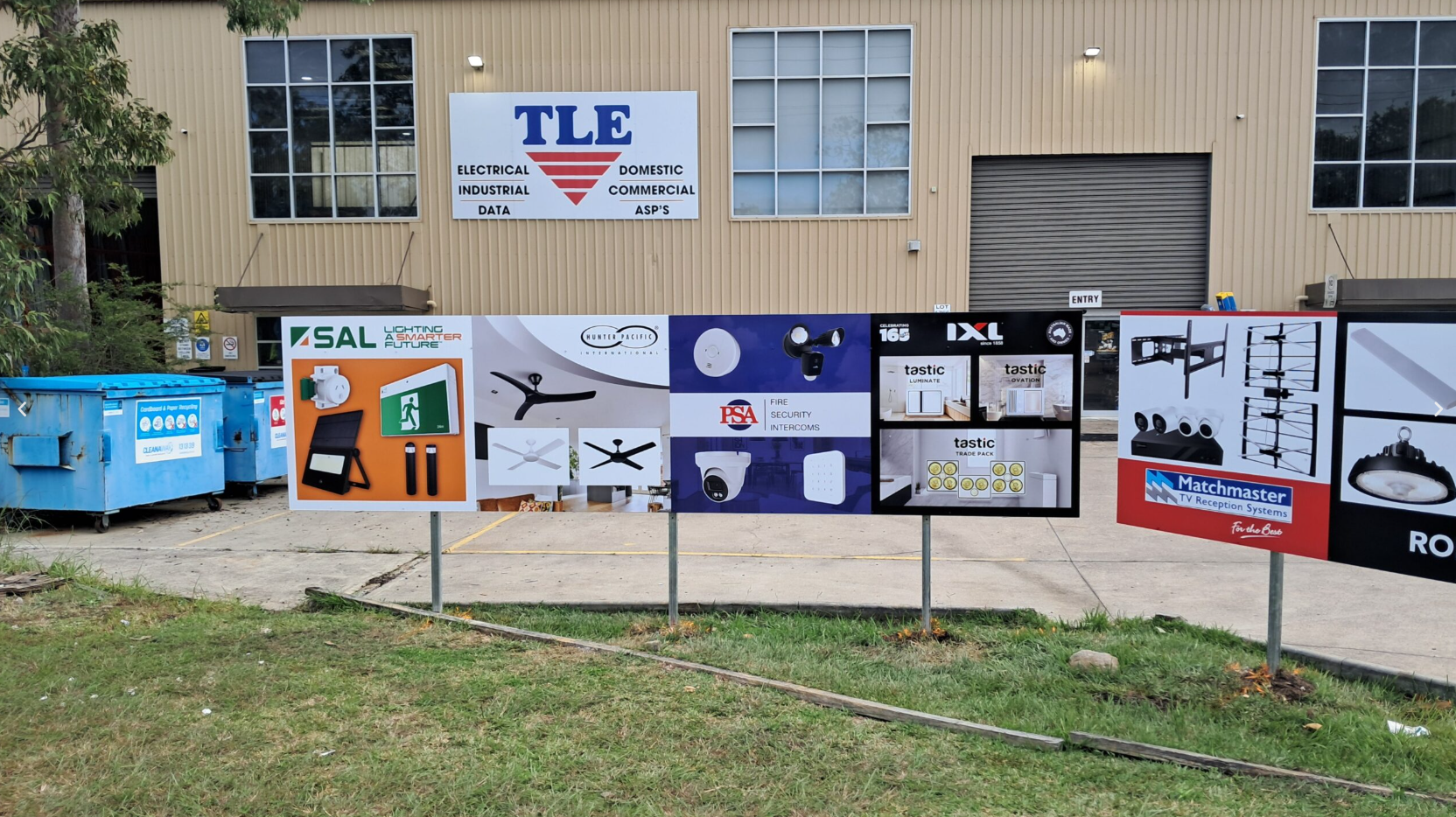Optimizing Your Email Content: SEO Tips to Improve Click-Through Rates
In the fast-paced world of digital marketing, email remains one of the most powerful tools for engaging your audience. But what separates a high-performing email campaign from one that gets ignored? Click-through rate (CTR) — the golden metric that determines how many recipients actually engage with your content.
If you’re struggling to improve your CTR, it’s time to borrow tactics from the world of Search Engine Optimization (SEO). By applying SEO strategies to your email content, you can boost engagement, deliver better user experiences, and maximize campaign ROI.
In this article, we’ll explore how to optimize your email content using proven SEO techniques to improve your CTR and get more eyes on your offers.
Why SEO Principles Matter in Email Marketing
While emails aren’t indexed by Google (yet), SEO isn’t just about search rankings. It’s about structuring content for clarity, relevance, and intent — exactly what good email marketing is all about.
In fact, successful email marketers:
- Use keyword research to guide content strategy
- Craft compelling subject lines like SEO titles
- Focus on readability and content flow
- Optimize calls-to-action just like meta descriptions
By embracing these SEO habits, you can create emails that readers open, read, and act on.
1. Start with Keyword Research to Guide Email Topics
Just like you wouldn’t write a blog post without researching keywords, your email campaigns should be informed by what your audience is actively searching for.
Use tools like:
- Google Keyword Planner
- Ubersuggest
- AnswerThePublic
Find trending phrases and search intent keywords in your niche. Then, create email content around those terms.
Example:
If people are searching “how to grow on Instagram in 2025,” you might create an email campaign titled:
Subject line: “2025 Instagram Growth Tactics You Need to Know”
Body content: Short strategies, a quick tip, and a CTA linking to your full blog or resource.
This keeps your content relevant and increases the chances of getting clicks.
2. Optimize Subject Lines Like You Would SEO Titles
Subject lines are the first impression your email makes — and they work just like SEO headlines.
To improve CTR, craft subject lines that are:
- Clear and benefit-focused
- Include relevant keywords
- Entice curiosity or urgency
Bad example: “Check this out”
Better example: “Boost Your Email CTR with These SEO Tricks”
Add personalization when possible, and always A/B test different formats (questions, numbers, urgency, etc.) to see what performs best with your audience.
3. Write with Intent: Relevance Drives Clicks
Your email body should immediately support the subject line and deliver on its promise. This is where matching user intent — a core principle of SEO — comes into play.
Break your content into:
- Short, scannable paragraphs (2-3 lines max)
- Bullet points for key ideas
- Clear value upfront, before asking for a click
Every line of your email should serve one purpose: to guide the reader toward your CTA.
4. Use SEO-Inspired CTAs to Drive Action
Many marketers underestimate the power of the CTA — it’s your email’s conversion moment. And just like meta descriptions and internal links in SEO, CTAs must:
- Be clear, not clever
- Tell users exactly what they’ll get
- Align with the content and intent
Instead of a vague “Click here,” try:
- “Download Your Free SEO Checklist”
- “Start Improving Your CTR Today”
- “Read the Full Guide on Email Optimization”
Also, use anchor text that includes relevant keywords. It builds trust and makes your CTA feel more natural.
5. Improve Email Readability with SEO Structure Principles
SEO content is designed to be easy to skim, and so should your emails.
Here’s how to apply web formatting best practices to emails:
- Use headings or bolded lines to break up sections
- Highlight important stats, quotes, or phrases
- Insert visual elements (like images, icons, or short videos) to break monotony
- Keep sentences short and conversational
When your content is easy to read, your subscribers are more likely to reach your call-to-action and click.
6. Align Email Content with Your Website SEO Strategy
For even stronger performance, make sure your email campaigns are tightly aligned with your site’s SEO goals.
Link back to high-value landing pages, blog content, or product pages that are optimized for specific keywords. This does two things:
- Boosts your CTR by offering valuable content
- Sends positive engagement signals to Google when users visit your pages via email
Always use UTM parameters to track which emails are driving the most traffic and conversions.
7. Test, Analyze, and Optimize
Just as SEO requires regular updates and data-driven tweaks, so does your email content.
Track:
- Click-through rate
- Bounce rate
- Link performance
- Heatmaps (if available)
Test different subject lines, layouts, CTA placements, and even content tone. Look for patterns in what drives more clicks and optimize continuously.
Final Thoughts: Email + SEO = Better Engagement
At the end of the day, optimizing your email content with SEO best practices is about being useful, strategic, and relevant.
When you create emails that align with what people are searching for, write compelling subject lines, offer clear value, and guide readers with smart structure — your CTR will naturally improve.
Don’t think of SEO and email as separate silos. Think of them as partners in a content ecosystem that drives visibility, engagement, and revenue.













